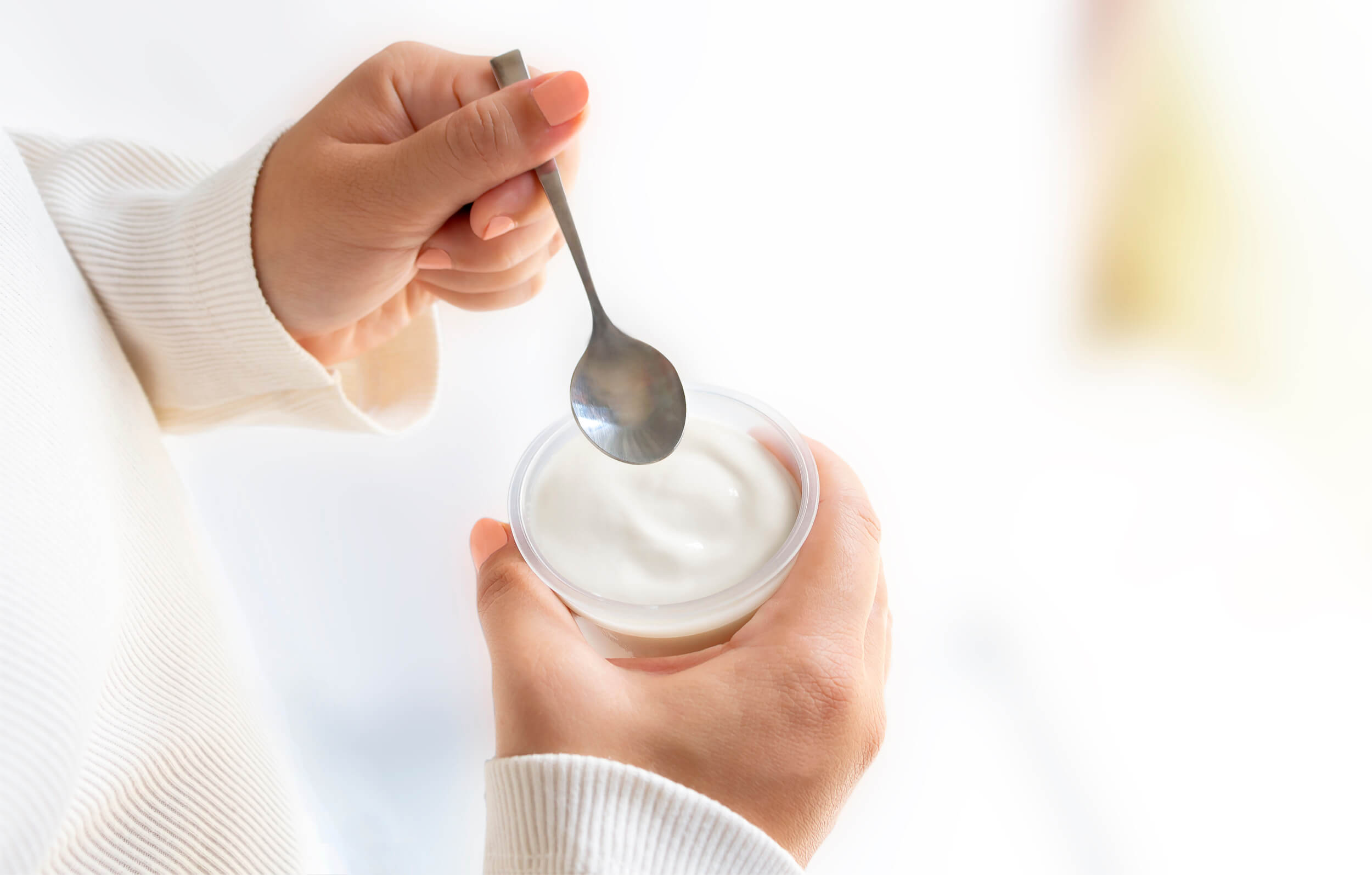One bite can change your whole day when you’re dealing with IBS. Maybe it starts with a cramp. Then comes the bloating, the urgency, or that uneasy “something’s not right” feeling in your gut. If this sounds familiar, you’re not alone — and what you eat could be a big part of it.
Certain foods hit harder than others, and figuring out those IBS diet triggers can take the guesswork out of your symptoms. While everyone’s body is different, some common habits around food tend to cause trouble for a lot of people. Knowing what to look out for can help you feel more in control, more comfortable, and less tied to the bathroom. Let’s break it down.
What to Know Before Cutting Foods
IBS isn’t the same for everyone, and neither are food triggers. What causes one person’s stomach to act up might not bother someone else at all. That’s why jumping into major food changes without some guidance can cause more stress than relief.
Before cutting anything out, it’s smart to work with a doctor or dietitian who understands IBS diet triggers. They can help you find the foods that are truly giving you trouble while making sure you’re still getting the nutrients you need.
The Common IBS Triggers You’ll Want to Watch For
Here’s a list of everyday foods that many people with IBS say make their symptoms worse — and knowing what they are can help you feel more in control.
1. Insoluble Fiber
This kind of fiber is found in things like whole wheat bread, bran, and the skins of fruits and veggies. It doesn’t break down easily in your gut, which can lead to cramping, bloating, or loose stools in some people with IBS. If this sounds familiar, cutting back on it may help ease those uncomfortable moments.
2. Gluten
Gluten is in wheat, barley, and rye. You don’t need to have celiac disease to be sensitive to it. For some with IBS, gluten leads to gas or unpredictable bowel habits. Switching to gluten-free grains like rice or oats might be a better option if you notice a pattern after eating bread or pasta.
3. Dairy Products
Cheese, milk, and ice cream are common troublemakers. Some people with IBS don’t break down lactose well, and that can cause bloating, gas, or diarrhea. Even full-fat dairy can be harder to digest. You might feel better using lactose-free milk or plant-based alternatives like almond or oat milk instead.
4. Fried Foods
Greasy meals like fries, fried chicken, or donuts are high in fat, which slows down digestion. That can stir up IBS symptoms like stomach pain or urgent bathroom trips. If fried foods leave you feeling uneasy, try baking, grilling, or using an air fryer instead.
5. Beans and Lentils
These are healthy for most people, but not always for those with IBS. Beans and lentils have certain carbs that are tough to break down. That leads to gas, bloating, or belly cramps. If you still want to eat them, soaking them before cooking can sometimes make them easier on your stomach.
6. Caffeinated Beverages
Coffee, soda, and energy drinks are known to get the gut moving — sometimes too much. For people with IBS, this can cause diarrhea or urgency. If caffeine seems to be one of your IBS diet triggers, switching to herbal tea or decaf might help settle things down.
7. Artificial Sweeteners
Sugar-free gums, mints, and diet snacks often contain sugar alcohols like sorbitol or mannitol. These can be hard to digest and may cause gas or loose stools. Even “natural” sweeteners like stevia can upset some people’s stomachs. Check labels and go easy on these if your symptoms get worse.
8. Alcohol
Wine, beer, and cocktails don’t always go down easy. Alcohol can irritate the gut and pull water from the body, which might make constipation or diarrhea worse. Some drinks also contain other IBS diet triggers like gluten or sweeteners, making things even trickier.
9. Chocolate
Chocolate has a few things that can be hard on people with IBS — fat, sugar, caffeine, and sometimes lactose. Some people get constipated from eating it, while others notice cramps or gas. If you’re sensitive, dark chocolate in small amounts or dairy-free versions might be worth trying.
10. Cruciferous Vegetables
Broccoli, cauliflower, cabbage, and Brussels sprouts are part of this group. They’re good for general health but can be hard on sensitive stomachs. They often lead to gas and bloating. Cooking them instead of eating them raw can help cut down on those side effects.
11. Garlic
It’s a flavor booster in almost every kitchen, but it’s also packed with fructans — carbs that are hard for many with IBS to digest. Even small amounts of garlic can lead to gas or belly pain. Garlic-infused oil is a safer option that gives flavor without the gut trouble.
12. Onions
Raw or cooked, onions can be tricky. Like garlic, they contain fructans that may ferment in your gut and cause bloating or cramps. For people with IBS, onions are one of the more common IBS diet triggers and are often one of the first things to cut during an elimination phase.
13. Processed and Packaged Foods
Microwave meals, chips, and packaged snacks often contain additives and preservatives that don’t sit well with everyone. They also tend to be high in fat and sodium, both of which can upset your gut. Whenever possible, go for fresh meals made at home with simple ingredients.
14. Carbonated Drinks
Sodas and sparkling water might seem harmless, but the bubbles can build up in your gut and cause bloating. Many also contain caffeine or artificial sweeteners, which are common IBS diet triggers. Flat water or diluted juice is a gentler option.
15. High-Fructose Fruits
Fruits like apples, pears, mangoes, and watermelon are high in natural sugar, especially fructose. For some people with IBS, these sugars ferment in the gut and lead to gas or loose stools. Choosing lower-fructose fruits like bananas or berries can be a safer bet.
What You Can Eat Instead
Cutting foods out is only one side of it — knowing what to eat is just as important. Plenty of options are still on the table, even if you’re sensitive to common IBS diet triggers.
Stick with low-FODMAP fruits like bananas, blueberries, and grapes. Go for veggies such as carrots, zucchini, and spinach. Lean proteins like chicken, turkey, and eggs are usually easier on the stomach. You can also try oats, rice, quinoa, sourdough bread, and lactose-free dairy.
If symptoms keep showing up, a structured low FODMAP diet — with help from a dietitian — can help sort out what works best for you.
Summary: Know Your Triggers, Ease Your Symptoms
Food choices really do matter when it comes to IBS. Cutting back on IBS diet triggers one at a time can make a big difference in how you feel.
Some people find relief fast, while others need more time. Either way, listening to your body helps. Working with a dietitian makes the process easier and safer, especially if your symptoms stick around.
Small changes can lead to big improvements.















